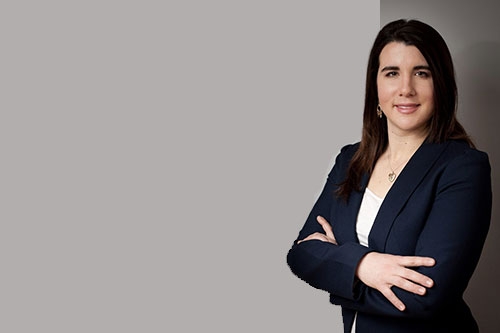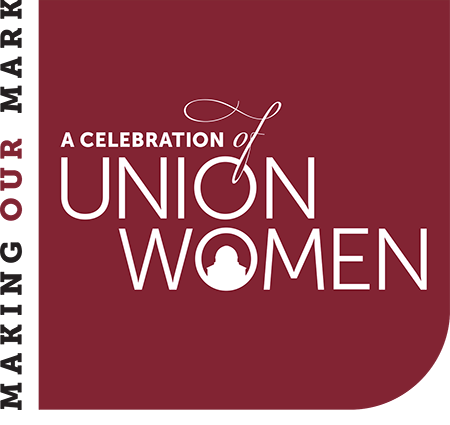Stephanie Conklin '05 majored in mathematics at Union College before earning an M.Ed. from Harvard University and Ph.D. from the University of Albany. Today she is a math teacher at Colonie Central High School and a New York State Master Teacher. Stephanie also instructs graduate courses for new teachers at UAlbany and Clarkson University (Capital Region Campus). She is dual certified in math and special education, and is a strong advocate for student-centered instruction who focuses on differentiating lessons for all learners. Stephanie was a recipient of the Sontag Prize for Urban Education and the University at Albany’s Award for Excellence in Teaching. She was recently named to Governor Andrew Cuomo’s ReImagine Education Advisory Committee. Stephanie loves playing sports with her two sons, and cooking.
What are the most challenging and rewarding aspects of your career or volunteer activities?
As a math educator for over ten years, I feel that my job is not as much teaching mathematics but teaching students to like math. I encourage my students to consider a different mindset, one where they realize that hard work and effort can turn them into real mathematicians. I also have been fortunate enough to work with new teachers; their positive, excited perspectives about the field of education and learning always inspire me. The best part of my job is being with my wonderful students. Yet, the hardest part of my job is not being able to offer support to those who struggle the most. Students in this generation face a host of challenges relating to poverty, mental health issues and past traumas. When students confide in me, I offer my help but I know it’s not enough. We truly need more social workers and therapists in our schools, at every level, to help these wonderful students.
Who inspired/inspires you, both professionally and personally?
My students and my other amazing teacher friends.
What advice would you offer today’s women students, not just at Union, but across the country?
My best advice to female students is to find a group of friends who will support you as a learner. At Union, my group of close female friends all supported each other. We pushed each other during the middle of term to keep working hard. We encouraged each other during our graduate school applications. Now, this group of women is my closest friends. Amongst them, we are professors, teachers, analysts, lawyers and doctors. I believe strongly that the friends that you surround yourself with – especially at critical times like in college – will help to shape your future.
What was your most formative experience at Union?
At Union, I had an opportunity to complete three different independent research projects. For my thesis project for the Sewards’ Program, I analyzed the experiences of female students in STEM fields at Union. This project was completely outside of my major, but allowed me to pursue an academic passion. As I pursued my doctorate, I drew upon this experience and when I submitted my dissertation – titled “Women in STEM” – I thought of how all my research skills and interests began at Union. At Union, I also realized the importance of making one-on-one connections with my professors. This is something that I try to emulate in all my work as an educator.

